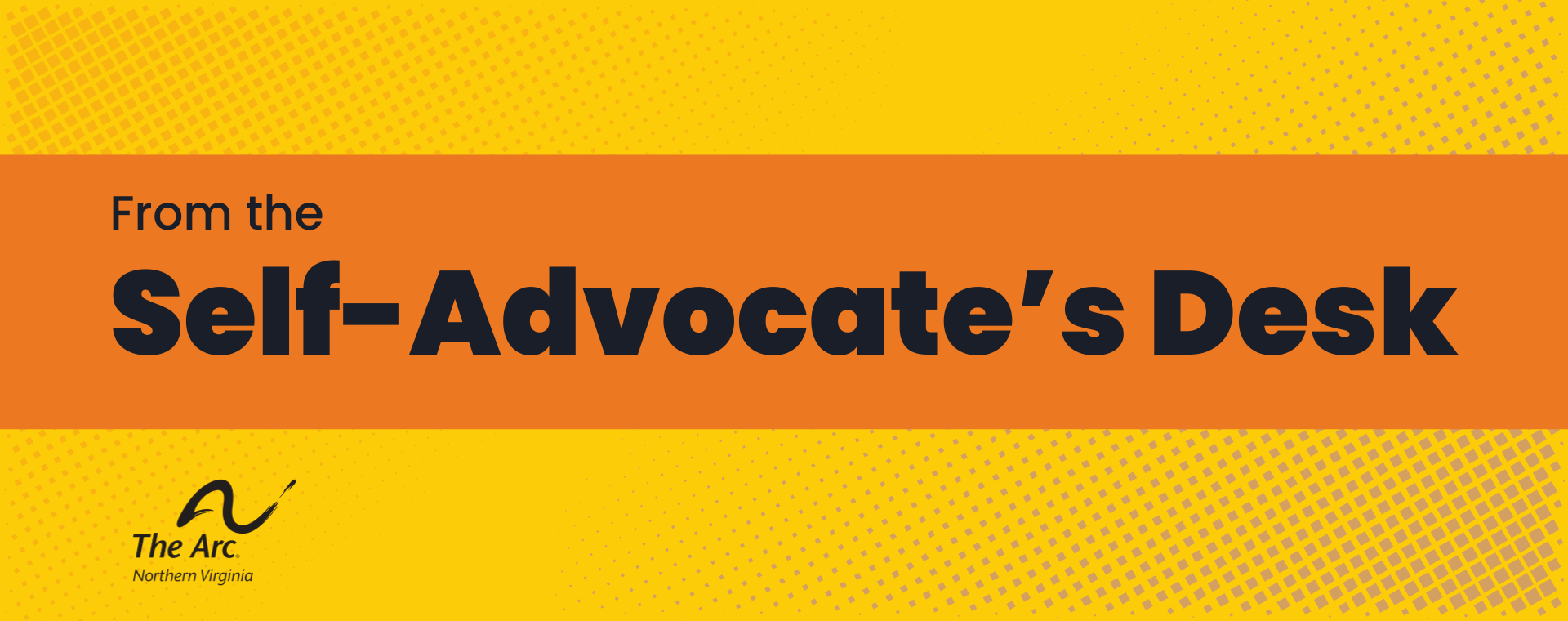As I’ve gotten older, life hasn’t gotten easier. In fact, it’s gotten harder. Every birthday seems to come with another service being cut off—services I depend on. I remember sitting at the table with my family on my 17th birthday, wondering: What’s going to happen when I turn 18?
Some people can stay in public school until they’re 21, or in some counties, even 22. But no matter how long you stay, the reality hits the moment you turn 18—essential services start disappearing. We’re told we have to “get used to the adult system,” and that younger people take priority.
But here’s the truth:
- Autistic children become autistic adults.
- Children with cerebral palsy become adults with cerebral palsy.
- Children with Down syndrome become adults with Down syndrome.
- Children with Tourette’s syndrome become adults with Tourette’s syndrome.
We don’t grow out of our disabilities. This isn’t a phase—it’s lifelong. And yet, society acts like our need for essential support stops on our 18th birthday. That makes no sense.
This is what I call age disparity, and it causes real harm:
- Disability products are often made only for children, leaving adults without tools that meet our needs.
- Essential services are restricted to children.
- Grants and funding that should be available to anyone with a disability are reserved only for kids.
- Programs meant for “people with disabilities” quietly exclude adults.
Every single day, someone with a disability turns 18 and immediately loses services they relied on. Families are left scrambling, trying to fill the gap. Parents are forced to shoulder burdens they shouldn’t have to carry alone. This has to change.
Adults with disabilities deserve the same level of support that children with disabilities receive. Ending age disparity will take work, but here’s what needs to happen:
- Pressure companies that make disability products for children to create options for adults, too.
- Advocate for children’s disability services to be expanded to include adults.
- Push for grants and funding to cover adults with disabilities, not just children.
- Expand programs for people with disabilities so they truly include all people, not just minors.
It’s not easy to eliminate age disparity, but it’s necessary. For too long, adults with disabilities have been left without what we need, forcing our families into crisis. We deserve better than that. We deserve support for our whole lives—not just our childhoods.
— Justin Boatner

